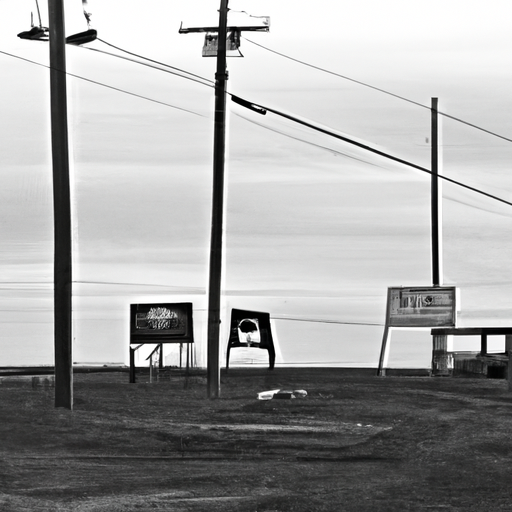The Canadian Opioid Crisis: A Closer Look at its Implications
For years, the opioid crisis has been a pressing problem in many regions globally, with Canada being one of the countries hardest hit. In this article, taken from APTN News, we dive deeper into the ripple effects of the opioid crisis on segments of Canadian society, with a focus on Swan Lake First Nation – a community that recently endured a tornado in the midst of the national opioid crisis.
Undeniable Effects and Growing Concerns
The opioid crisis in Swan Lake First Nation is more than just a problem of illicit drug use. The crisis has penetrated the core infrastructures of the community, affecting critical societal aspects like housing, crime, and overall quality of life. The toll on the community manifests through increased rates of homelessness and crime, necessitating urgent action.
Key Points From the APTN Article:
- The opioid crisis in the Swan Lake First Nation has escalated to alarming levels, contributing to several societal problems.
- Following an increase in drug crime and homelessness, community leaders have called for government support to combat the crisis.
- Despite these pleas, the community is struggling to cope due to reduced funding from the federal government.
- The recent spring tornado has further destabilized the situation, exacerbating the community’s susceptibility to the opioid crisis’s negative effects, amplifying their need for the promised opioid class action funding.
- In the face of adversity, individuals within the community are demonstrating resilience by supporting each other and their commitment to addressing the crisis.
Factors Aggravating the Crisis
Swan Lake First Nation’s opioid crisis seems to be plagued by two imminent threats: the recent spring tornado which caused substantial damage and reduced funding from the federal government. These setbacks not only hamper the community’s ability to respond to the opioid crisis but also increase people’s vulnerability to the effects of opioid misuse.
Actions Against the Crisis
Despite multiple hardships, Swan Lake First Nation is not standing still in the face of the opioid crisis. The community is reaching out, requesting support, and advocating for the opioid class action funding promised to combat the crisis. Moreover, community members have shown great resilience, providing each other with the critical support necessary during these challenging times.
Current Steps Taken:
- Community leaders are actively voicing their difficulties and concerns to the government and public.
- They are advocating for the incoming opioid class action lawsuit funding to be expedited to effectively combat the crisis.
- Mitigation measures such as naloxone kits are being distributed to counteract opioid overdoses.
- Members of the community are stepping up, providing services and support for those affected by the crisis.
Closing Thoughts
The opioid crisis is a pressing problem that demands a collaborative approach, involving not only government and health institutions but also communities alike. As the Swan Lake First Nation’s situation illustrates, the crisis’s impacts are far-reaching – extending beyond just health concerns to influence social and economic conditions. Therefore, the resolution calls for more than merely addressing opioids’ misuse.
The community serves as a beacon upholding resilience and unity while underscoring the urgency for adequate support and resources to address the opioid crisis – particularly in communities that are battling other adversities simultaneously. Swift and decisive government action, further public awareness, and continued resilience are essential to combat the opioid crisis effectively.


